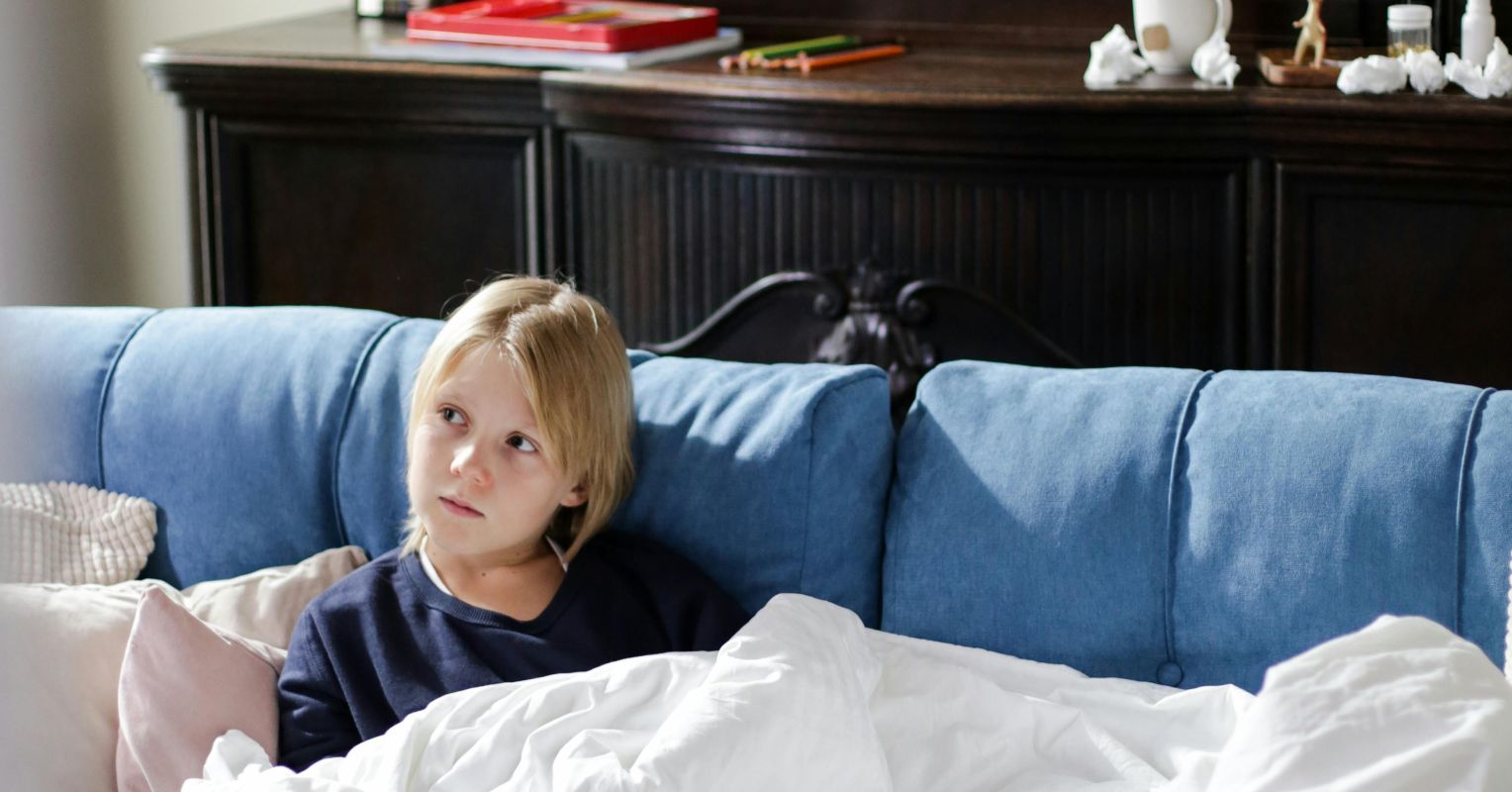
As all parents know, the start of a new school year stirs up anxiety. How could it not? Going back to school is like starting a new job without having met your boss or even knowing what your boss will expect of you. Most kids (and parents) get through the initial jitters. For some kids, it’s harder.
Charlie missed a lot of school in second grade. It would start Sunday night with a tummy ache that escalated to tears of distress by morning. It was especially worse after vacations. His Mom worked from home when Charlie felt too sick to go to school. She would bring Charlie to his pediatrician to obtain a doctor’s note to excuse the absence. School-related anxiety is estimated to represent anywhere from 5 to 12 percent of pediatric office visits.1 That’s a lot of scared kiddos, worried parents, and missed school. And it doesn’t tell the whole story.
When unexplained recurring physical symptoms like the “Monday morning tummy ache” lead to recurrent absenteeism in an endearing little kiddo, it often fosters counterproductive accommodations from well-meaning adults. Parents burn through vacation days, teachers send schoolwork home with a cheery note, and the little Charlies of the world learn the enticing comfort of avoidance. A psychiatrist I used to work with called these efforts of well-meaning adults “errors of kindness.”
Connecting With Worries
Sustained school-related anxiety can be triggered by real or imagined threats. Maybe Charlie, who gets motion sickness, is afraid of throwing up on the bus. Maybe he’s being bullied. Maybe it’s separation anxiety. My role, after a careful history and physical exam, was to gently move Mom and Charlie away from a “medical” focus and start a conversation about “worries” and how to connect with them. I would hold my fist in a ball over my heart and say, “This is where our worries live if we don’t talk about them.” Then I’d hold my open hand out in front of me and say, “Talking about scary feelings puts them out here, where we can see them. It makes them smaller.”
The most distress-inducing part of treating avoidant behavior (for parents and students alike) is providing exposure. Charlie was going to have to go to school. Today. I would call the school to offer a compassionate but firm plan. The longer we put it off, the harder it would be. Sometimes it is simply too hard for the parent, child, or both and we would need the help of a therapist.
What I did not mention in Charlie’s doctor’s note was the word “anxiety.” His mother would not consent to have me communicate that to the school. Parents often worry that the teachers won’t take their child’s suffering seriously once they see the word “anxiety.” They worry their child will be seen as manipulative or dishonest. They are faking the illness. The reality, however, is that most of the teachers, school nurses, and principals that I encountered over these issues were much more savvy and much less judgmental than that.
Meanwhile, Charlie’s classmate, Michael, was dropped off at a neighbor’s apartment that same morning after throwing up his Cheerios all over the kitchen floor. His Mom was already late for work at a supermarket downtown. It would be the third time that month she would be late, and she knew she was on thin ice. No doctor’s note for Michael. No homework assignments sent home. His absence is “unexcused.” A few more of them and he will be “truant.”
Unfair Labels
Labels of “excused” and “unexcused” absences, based on the ability to obtain a doctor’s note for a minor illness, are fundamentally unfair and unhelpful. Obtaining a doctor’s note is costly and, except in the case of serious transmissible infections or the need for special accommodations, they have little medical impact. A call or note from a parent to the school should be sufficient accountability for an absence. The educational problem here isn’t why you were absent. It’s that you weren’t present. You missed out. Students’ academic, social, and emotional learning are greatly impacted by absenteeism, regardless of whether it is due to indifference, measles, or a whopping case of school-related anxiety. So why are we bending over backward to limit the impact of Charlie’s absences while we write Michael off as truant?
The American Academy of Pediatrics and the AAP Council on School Health have been very vocal regarding the scourge of absenteeism amongst our youth.2 Pediatricians understand that poor school attendance, even in the early grades, is associated with both poor long-term educational success and poor health outcomes. Doctors’ notes do nothing to address that.
Chronic absenteeism is a complicated, multifaceted issue with no easy solution. School-related anxiety is just one piece of the pie. Pediatricians are doing their part to reinforce to all families why it is so important for their children to attend school. There are lots of reasons to be hopeful. But let’s stop pretending that a doctor’s note improves school attendance or is an equitable way of determining truancy.

